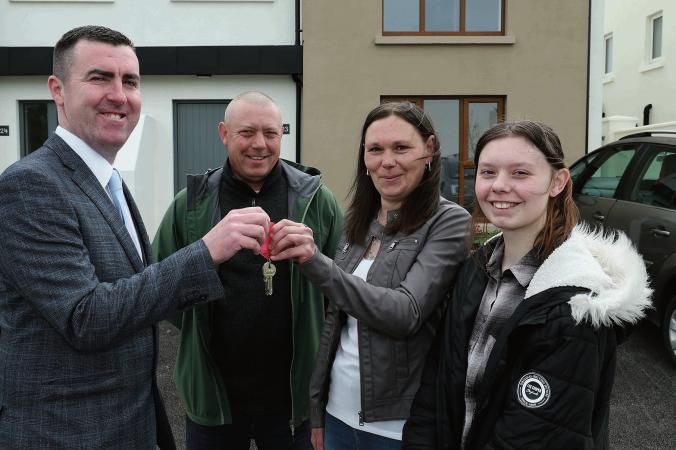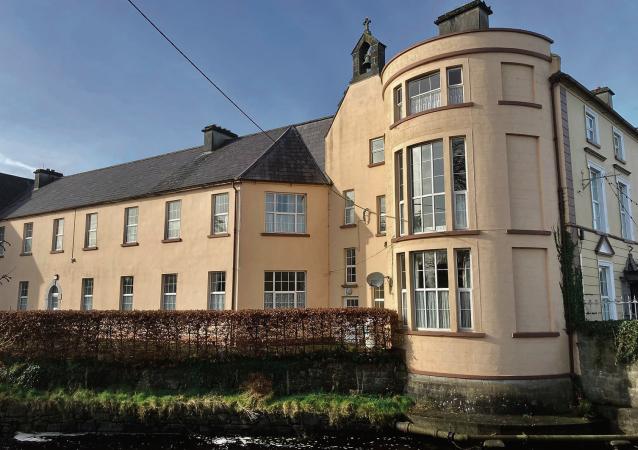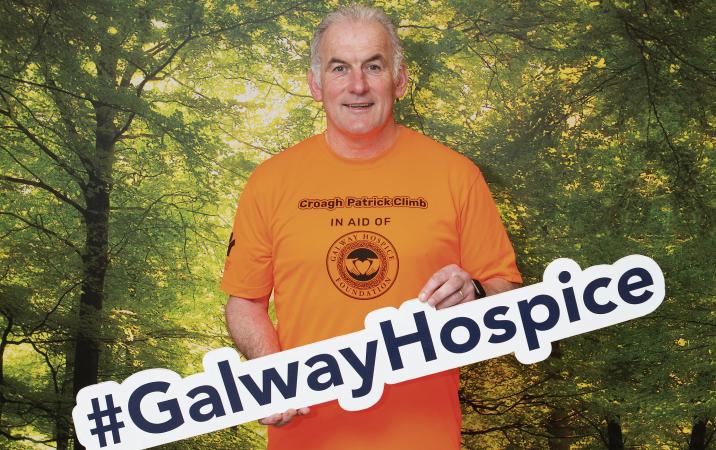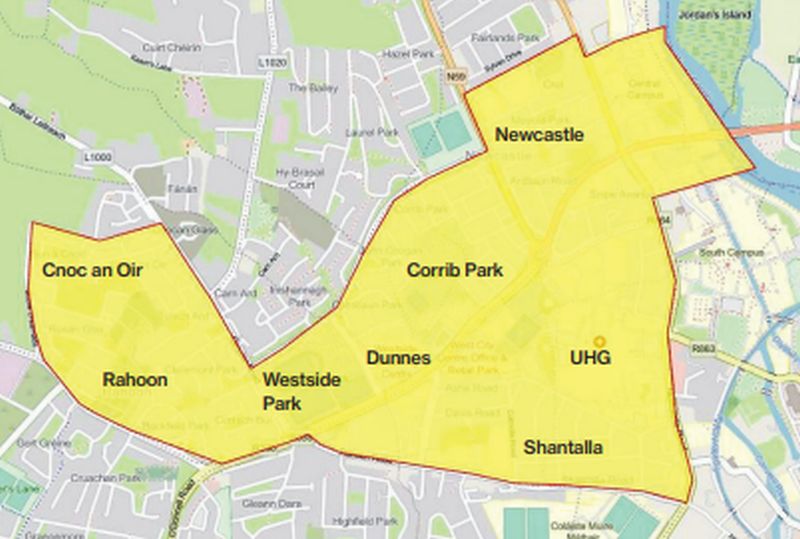‘Decarbonisation Zone’ in Galway City aims for car journeys to be halved
Published:
-
-
Author: Stephen Corrigan
~ 4 minutes read
From this week's Galway City Tribune
Housing retrofits, a 50% reduction in car journeys, zero-carbon public transport and a widespread shift to renewable energy are among targets for a ‘Decarbonisation Zone’ (DZ) to be implemented on the western side of the city.
The zone, which is to encompass parts of Newcastle, Rahoon, Shantalla and Westside, will seek to set out a “feasible pathway to 51% reduction in greenhouse gas emissions over the decade” according to details of the strategy unveiled this week in the City Council’s Draft Climate Action Plan (CAP).
The area, they state, will serve as a pilot to experiment with new technologies, policies and strategies for decarbonisation and “provide a controlled environment” for researchers and policymakers to refine their work before rolling it out to other areas of the city.
Unlike the city as a whole where residential emissions are the greatest polluter – primarily electricity and heat – the commercial and industrial sectors account for the largest amount of greenhouse cases in the DZ which includes the University of Galway, University Hospital Galway and a number of private industries.
These emissions are largely derived from operations and energy consumption, states the CAP, and they are among the reductions targeted over the seven-year strategy.
One goal of the plan is to “empower the local community to engage with climate action through education, support and ongoing collaboration”.
The CAP states that the DZ is designated ‘marginally below average’ to ‘disadvantaged’ in accordance with the Pobal deprivation guides.
“This has been taken into consideration throughout the preparation of this Decarbonisation Zone Plan, whereby, a just transition to a decarbonised future has been central to the identification of actions.”
This, it is stated, will ensure that the burden of the transition is “not disproportionately felt by some groups”.
Among the actions proposed is to retrofit of 60% of houses in the zone (988 units) and 50% of apartments (444 units) within seven years.
The City Council is to retrofit 17% (137 units) of its houses in the zone by 2030 and 15% (32 units) of its apartments. Heat pumps are to be installed in 37% (237 units) of its stock with a low BER rating.
Solar panels are to be installed on 68% of ‘suitable homes’ within six years, while there is an objective to deliver an education and training programme on retrofitting, energy efficiency and heat pumps in conjunction with the educational institutes within one to two years.
85% of all social housing in the area is to be fitted with solar power systems.
By 2030, the CAP seeks to replace 60% of buses (15) and taxis (22) with zero-carbon fuel alternatives, and 40% of cars in the area, amounting to just under 1,500 vehicles.
The CAP commits to implementing walking, cycling and public transport infrastructure in line with the Galway Transport Strategy (GTS) within five years, and reduce by 50% the number of kilometres travelled in vehicles.
On the industrial and commercial side of things, a 70% reduction in electricity usage by large consumers is targeted within seven years, while 60% of the demand is to be met by on-site renewable energy generation.
Within five years, 20% of gas demand is to be met by renewable biomethane.
All municipal buildings, which include libraries, community centres and some sporting facilities, are to be retrofitted, have heat pumps installed and solar panels fitted.
The Council has committed to collaborating with the university, schools, and community groups to reduce waste and to encourage urban food growth.
A policy to increase permeable areas, facilitating easier active travel, with public real enhancement green space and planting is to be rolled out over four to five years.
“The DZ will act as an exemplar area for the city, to test a high decarbonisation ambition with potential to scale this to the city. Learnings from the zone will become a useful reference for further plan making and will be delivered in conjunction with the Energy Masterplan for the city.
“The community, industries and businesses will be key partners in creating a low carbon economy which will be resilient for the future. As a collective community, we will all have to act at pace to implement this plan into action,” states the CAP.
More like this:

Slight decrease in complaints made to Ombudsman for Children by young people in Galway
There has been a slight decrease in the number of complaints made to the Ombudsman for Children f...

ATU to host Digital Innovation in Sport conference at Galway campus
ATU is to host a conference about Digital Innovation in Sport at its Galway Dublin Road campus th...

New 22-home social housing development officially opened In Glenamaddy
Dozens of families are celebrating a new chapter in their lives after a new 22-home social housin...

Former convent could soon be cultural space
There was unanimous support from area councillors at their final meeting for a funding applicatio...

Former Connacht and Ireland out-half signs up for Galway Hospice Croagh Patrick Climb
Rugby legend Eric Elwood plans to tackle Croagh Patrick this summer – to raise money for Galway H...

Galway County Council honours Keith Finnegan with civic reception
Galway County Council has honoured Galway Bay fm’s Keith Finnegan with a civic reception fo...

An Bord Pleanala rejects plans for significant mixed-use development in Barna
An Bord Pleanala has refused permission for a significant mixed use development in Barna. The pro...

Half of top-spending candidates for Euro elections are in Midlands North West region
Five of the ten top spenders for the upcoming European elections are contesting in the Midlands N...

Three Galway beaches awarded both Blue Flag and Green Coast award in 2024
Three of Galway’s beaches have been awarded both The Blue Flag and Green Coast Award for th...
Sign Up To get Weekly Sports UPDATES





